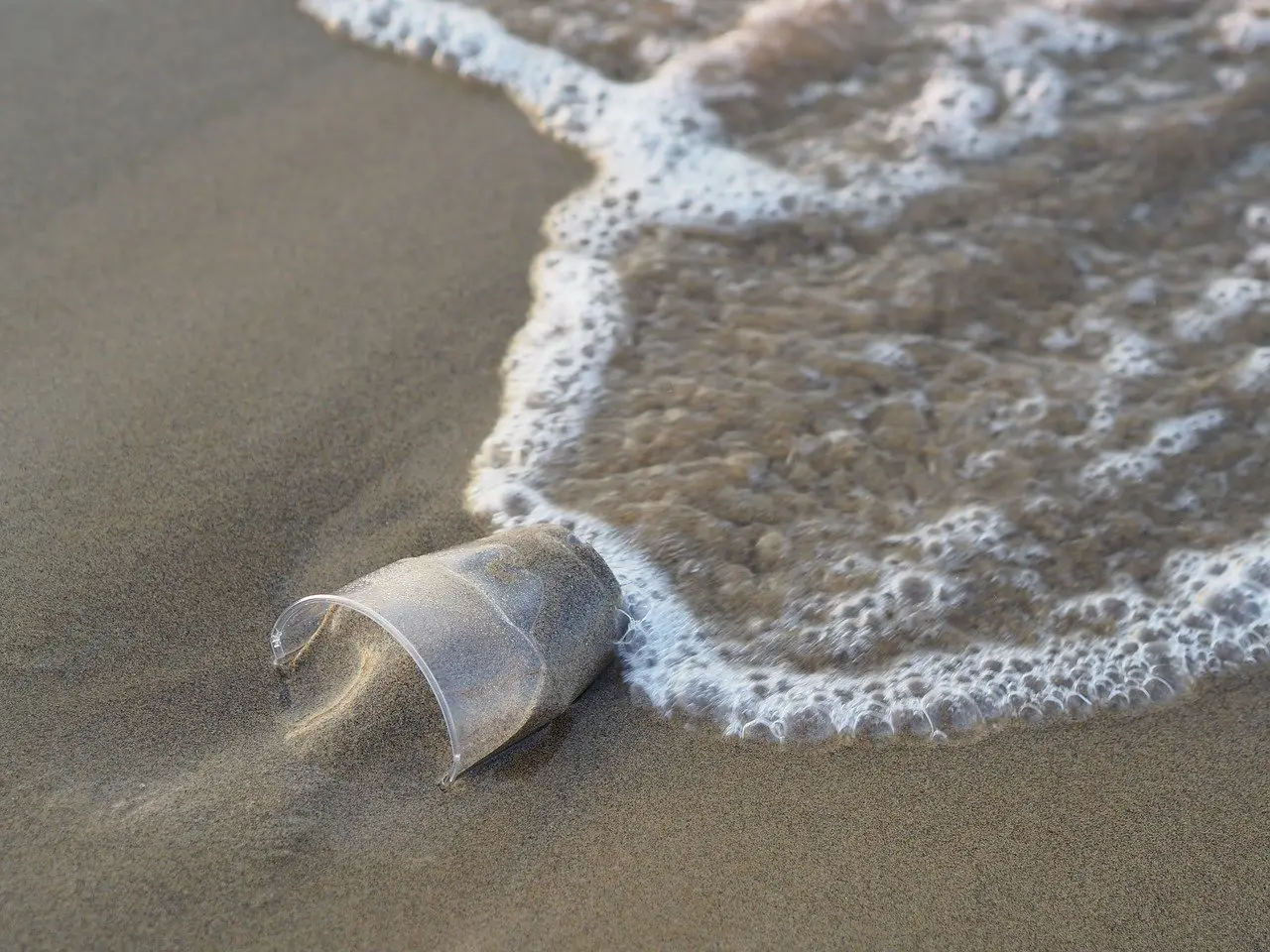
About plastic
With its unique properties, plastic has in many ways contributed to a better life for many people, and is today an obvious part of our everyday lives. But it has also caused major problems for our environment. The seas are full of plastic debris – and the supply is only increasing.
Plastic consists of polymers, a chemical compound with a chain of repeating smaller units. Different types of plastics consist of different polymers. These can in turn be modified with additives to make the plastic more or less soft, get different colors, become flame resistant and more.
Plastics are manufactured as more or less durable. Some plastics are manufactured to withstand high stresses, others must be dissolved under certain conditions. Neither traditional oils based on oil nor plastics based on renewable substances disappear if they end up in the seas. Biodegradable and compostable plastics require special conditions, such as oxygen and microorganisms, to degrade. In the sea, this process takes a very long time.
Plastic in our seas
Every year, around 8 million tonnes of plastic end up in the oceans and we assume that at present, around 150 million tonnes of plastic float in the oceans, or 580,000 plastic bits per square kilometer and 51 trillion particles of microplastics. And that is only replenished. Plastic production has been on the rise since the 1950s, when everything started. Today, 9,500 kg of plastic is produced every second. In 2014, 311 million tonnes of plastic were produced. The diagram below shows how plastic production has increased.
As much as 40 percent of plastic production is used for disposable packaging, and it is precisely disposable packaging that ranks high on the top ten lists of the most common debris in the sea. Disposable packaging is cheap, practical and weighs little and at the same time they have little value for the consumer. The recycling rate of plastic is low, in Sweden 45 percent of the plastic packaging is recycled.
Consequences of plastic debris
A well-known estimate is that there will be more plastic than fish in the seas by 2050 if nothing is done.
Most of the plastic in the sea is not visible; only five percent of all debris is washed up on the beaches again – the rest is left in the sea. There, almost all debris ends up at the bottom – only one percent of all debris that ends up in the sea remains in the body of water. Some of this junk is collected in large junk continents, called the Great Pacific Garbage Patch.
Marine debris damages over 600 marine living species. It is estimated that if development continues as today, 99 percent of all seabirds will have eaten plastic by 2050.
An international issue
The debris of the seas is very much an international issue, and many initiatives around the world are underway to reduce debris.
In 2015, the EU decided that all Member States should reduce the consumption of thin plastic carriers. Many other countries around the world have also made such decisions, and many have introduced bans or fees for plastic carrier bags. France is a country that has gone a little further, and will also introduce a ban on, among other things, disposable cutlery in plastic.
The fact that plastic is highly current in the EU is also evident in the plastic strategy that is being developed as part of the work on a circular economy. The strategy focuses on three different perspectives. Partly the problem is that the production of plastics is based on fossil fuels, and that it is important that alternatives to this are developed. Firstly, it is the low recycling and recycling figures for plastics: in the EU, only 30 per cent of all plastic is recycled. Finally, the focus is on the large leakage of plastic to the environment; thus the scrap.
The third part that the EU highlights in the strategy is the consumer’s low awareness of the problem. Today, there are few incentives for the consumer to recycle the plastic, and it is important to change that.

Leave a Reply